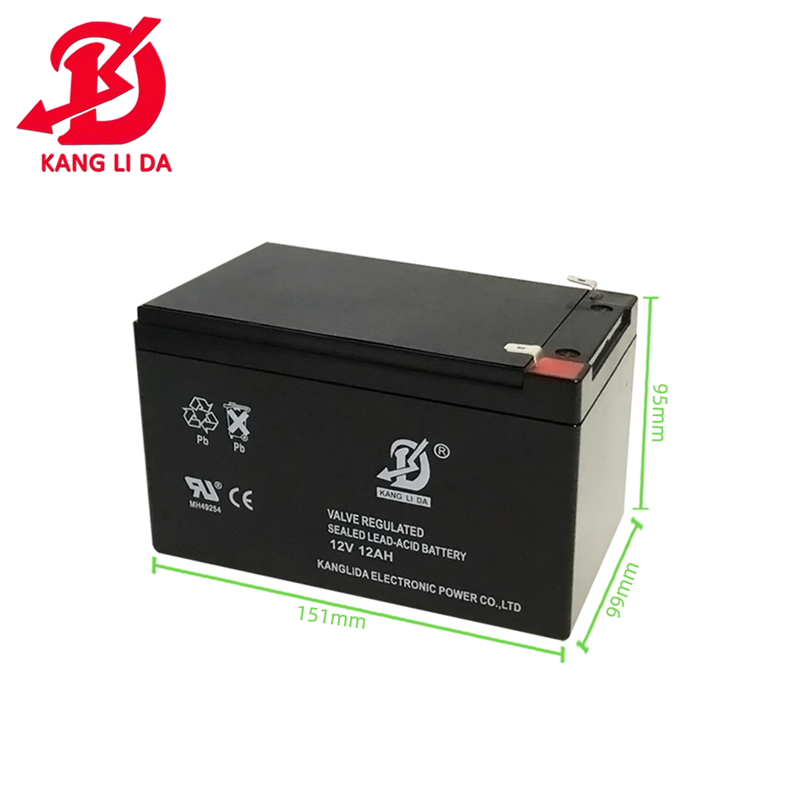As far as the actual situation of collecting waste lead-acid batteries in our country is concerned, there is still a long way to go to the collection rate of lead-acid batteries stipulated by the state.
There are two main channels for the recycling of waste lead-acid batteries in China: First, the provinces that participated in the pilot projects have issued the “Collection Permits” for waste lead-acid batteries since the “pilot” in 2016. Through the exploration of the “pilot” in the past four years, all provinces have With its own complete set of recycling network system, the number of legal recycling has also been standardized and increased year by year. The second is that unlicensed self-employed purchase stations occupy most of the recycling market. These recycling stations have poor pollution prevention facilities and no legal qualification procedures. After drilling the recycled waste acid batteries, they will dump the sulfuric acid electrolyte directly into the river or the soil. Cause serious environmental pollution, and seriously affect the management and orderly development of the entire industry.

Developed countries such as Europe and the United States started early in the collection of waste lead-acid batteries, and have now formed a complete and standardized recycling system and policy, and have accumulated rich experience. For example, German law mandates that lead-acid battery manufacturers are required to "sell one and collect one" in the sales and collection process of waste lead-acid batteries, otherwise they will be prohibited from selling lead-acid batteries.
The construction of the domestic waste lead-acid battery recycling network has achieved initial results. In 2019, in order to implement the "Waste Lead-acid Battery Pollution Prevention Action Plan", the Ministry of Ecology and Environment launched a pilot program of the "Waste Lead-acid Battery Centralized Collection and Cross-Regional Transfer System" to promote the production of lead-acid batteries Enterprises implement the extended producer responsibility system and establish a standardized and orderly collection and treatment system for waste lead storage batteries.
By 2020, the extended producer responsibility system in the field of lead storage batteries in the pilot areas will be basically established, the centralized collection and cross-regional transfer of waste lead batteries will be initially established, and the standardized recovery rate of waste lead storage batteries in the pilot areas will increase significantly.


